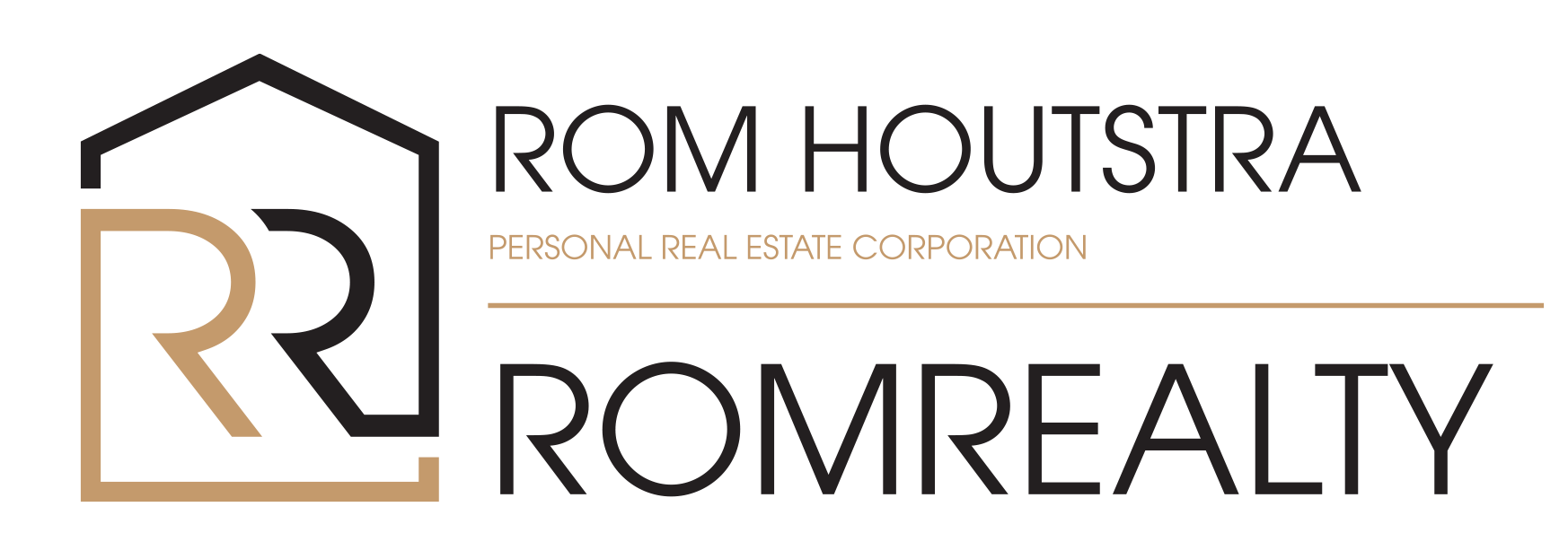If there’s one area where savvy real estate investors excel, it’s finding and following through with lucrative deals. The very thought of purchasing a property and turning it into a cash flowing powerhouse is one that entices investors of all levels to get out there and start buying.
However, as the old adage goes, “All that glisters is not
gold,” and that is as applicable to real estate investing as it is to other aspects of the business world. There are countless stories out there about investors who ended up getting the short end of the stick in what seemed like a fantastic deal, and lost thousands – and sometimes even millions – of dollars in the process.
In short, investors need to know how to avoid landing in nightmarish situations, and Tony LeBlanc, owner of Ground Floor Property Management in Moncton, NB, has a Top 5 list of things to avoid.
Not knowing how much maintenance costs
Before buying an investment property, buyers must have some basic knowledge on what things costs, he says. We’ve had owners buy properties that needed significant amounts of work to be done. Once the work began, the owners were surprised by the associated costs.
Not analyzing the numbers properly
A big mistake I see with a lot of novices investors is the lack of verification of numbers provided by the seller. When buying a property, you should always ask for at least two years’ worth of expenses, examples are heat, electricity, water and sewage and maintenance. As the purchaser, you should pay great attention to all of these details to make sure things look right.
Security Deposits
It’s common practice for renters to pay some sort of security deposit when renting an apartment. Each province in Canada has different regulations as to how these security deposits should be handled by the property owner. With a typical purchase and sale agreement, most investors will always ask to have copies of all the current leases. Within the lease itself, there is usually a section to document details about a security deposit. The buyer must be aware of the status and location of all deposits. If the property owner has kept the deposits for himself, these funds should be then given to buyer on closing.
Financing and knowing what you need to pay
When buying a rental property, there can be numerous fees from different parties, says LeBlanc. “We had some clients recently close on a 12-unit property and they thought they knew all the fees that they would be charged. After everything was said and done, they ended up paying close to $7,000 more than they thought. This was very frustrating to them as they had to take this money from the reserve fund they had created for the property.”
Property management
Most new investors underestimate the time and expertise required to manage a rental property, often times this results in expensive lessons learned, says LeBlanc. One of the most popular issues that new investors struggle to get a hold of is dealing with tenants and the laws the govern tenancies. Before jumping into managing your own properties, be honest with yourself and see if you have the time, money and expertise to self-manage, he says.
Courtesy of “Canadian Real Estate Wealth Magazine”

